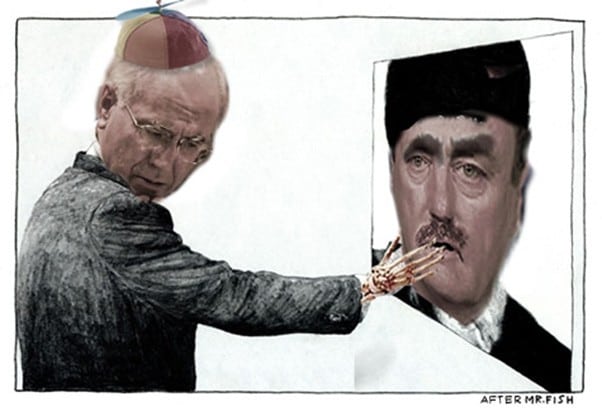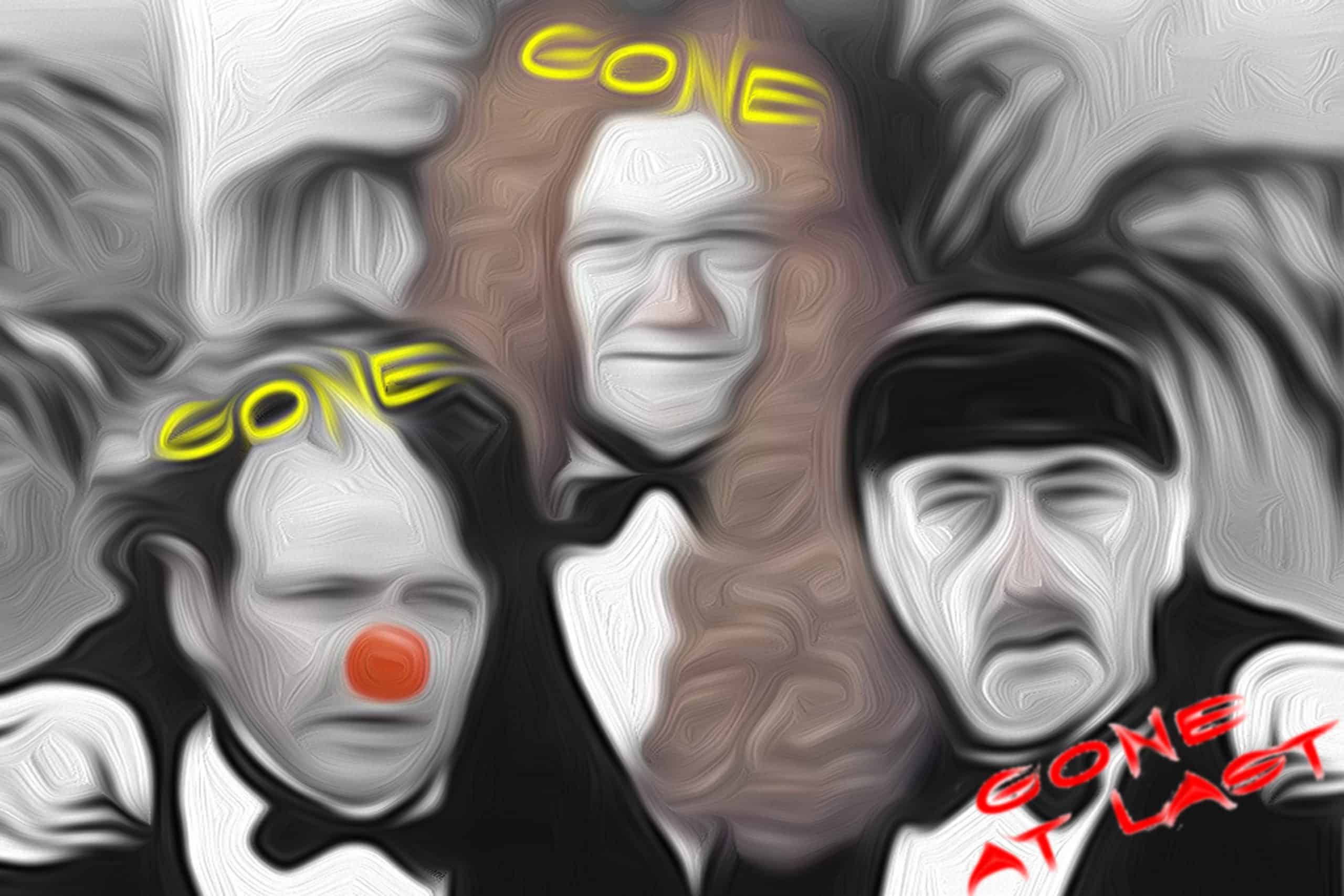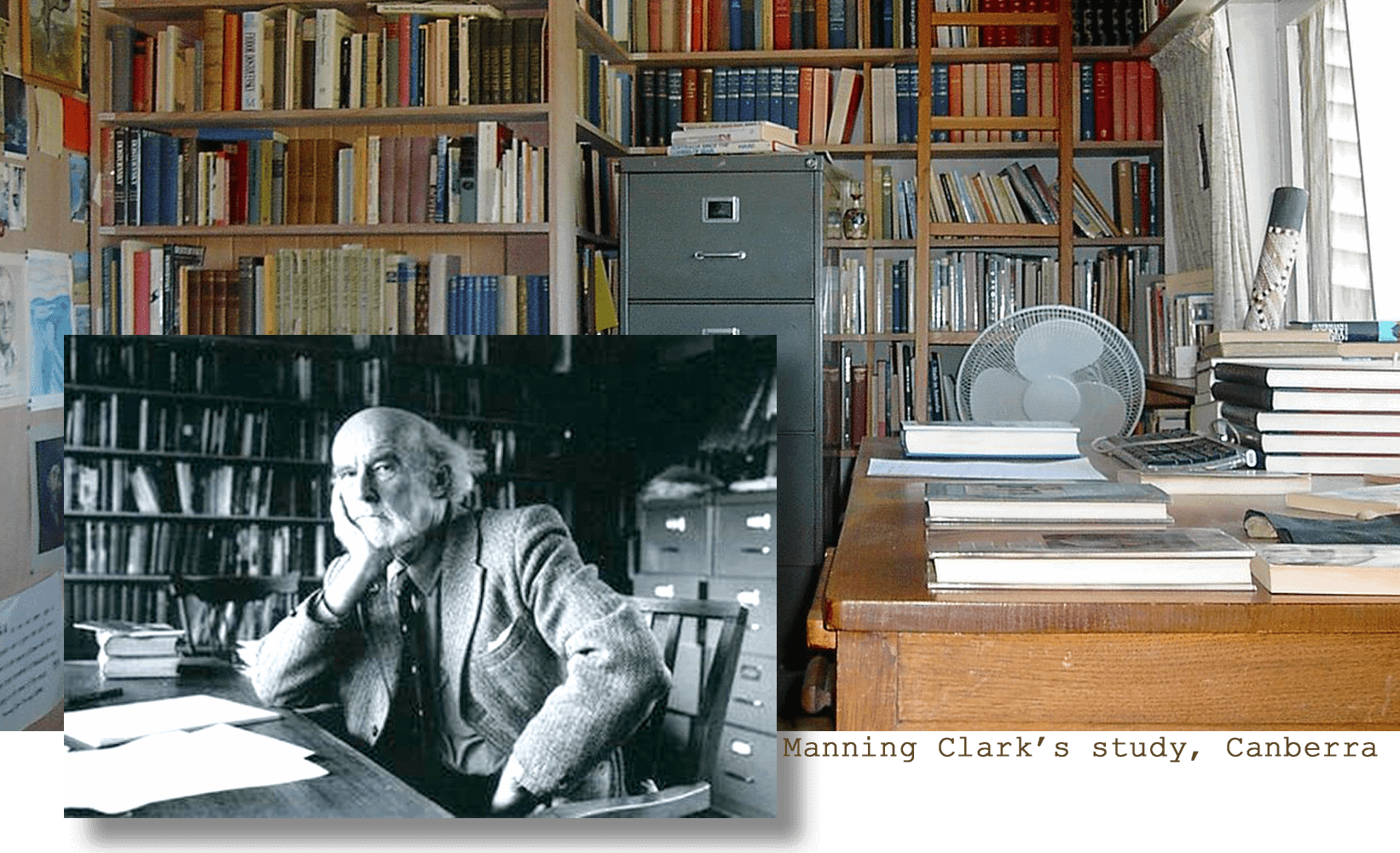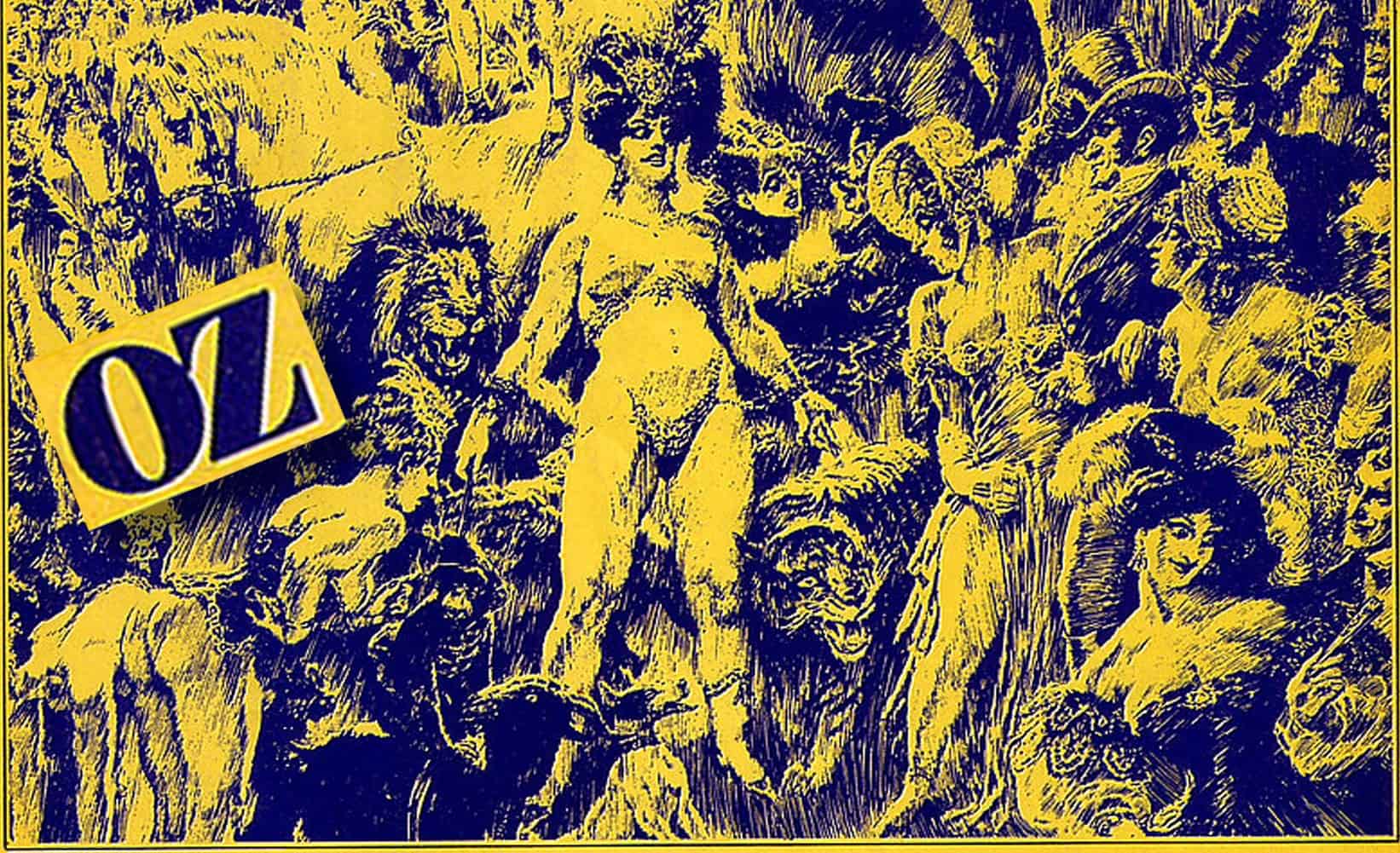Keelty
Keelty
Gone at long last
How much time should one spend on this slug?
We don’t even feel like woo-hoo. Just “at last” and “good riddance” and “what took you so long”.
One of the things we really dislike about (not exclusively-) Australian culture is the way we rail against awful people and the moment they die or resign we politely say ever such nice things about them. It’s hypocritical and weak and cowardly. We think. We have no such qualms. Keelty in our view was a bad man, morally weak, a disastrous Commissioner who willingly ran over the basics of human rights and legal traditions like habeas corpus in order to pursue a flawed and misguided agenda.
He was a willing and irretrievably politicised Liberal Party stooge, and concerned more with appearance than with the truth.

His most egregious failures are well-known – the obscene treatment of young Australians in the Bali Nine affair, Haneef, the onanistic display of muscle at APEC, and the Ul-Haque farce.
Speaking of Ul-Haque we once asked,
“ Justice Adams said ASIO officers ‘committed the criminal offences of false imprisonment and kidnapping.’ When do they go to prison? Have they been arrested and charged yet? Where are they being detained? Are they being pursued and prosecuted by the AFP with the same vigour and determination that it showed against…oh, I don’t know…Mohamed Haneef, say?”
Good question still.
Elsewhere we said:
“ It’s time for Mick Keelty to resign. Or be sacked. Keelty has to go because of how he thinks about the law. He has to go because everything points to his being utterly politicised and his making decisions on political, not legal, grounds as directed by his [then] masters, the Howard ministry. Keelty made, cleverly he probably thought, a Faustian pact with the Devil of Realpolitik. Now he’s been caught out yet again and so we say, yet again:
Do the decent thing at long last, Mick.
And we said this:
“ Sack [him] for misfeasance. Malfeasance. Non-feasance. Abuse of power by a public official. Criminal stupidity. Any of those will do.
Federal Police yesterday released a statement saying the former Gold Coast doctor [Haneef] is no longer a person of interest to them, and they have found there are no grounds to proceed against him. [SBS News]Well fuck me dead – I’m Foreskin Fred! Yes, after all this time. After all the waste. After all the harm. After all the stupidity and incompetence. After Scotland Yard laughed at the AFP; months after the Queensland Police Service and ASIO both said there were no grounds. After all the subversion of democracy, the courts and the rule of law.
Sack them.
Everything about the carriage of the Haneef affair by the AFP and the government suggests that it never was about public safety; that it always was a political stunt; that it was in fact a considered and calculated decision by the AFP to use the Haneef matter for political ends. As we know from another case, the AFP sought every possible opportunity to test the envelope of the terrorism laws. Keelty, in particular, clearly operates a political agenda, having capitulated under pressure from John Howard years ago. He learned his lesson well and in the Haneef case hung his hat on the re-election of the Howard government. This means that he has lost sight of his actual role, his constitutional – and certainly his moral – obligation to the people of Australia and the democracy they own.
Nothing has happened to cause us to resile from these opinions. Keelty appalls us because he respects neither democracy nor the rule of law, the law being not a tool for repression and control but a safeguard of a vibrant civil society.
Keelty cheerfully acquiesced in the subversion of such safeguards.








